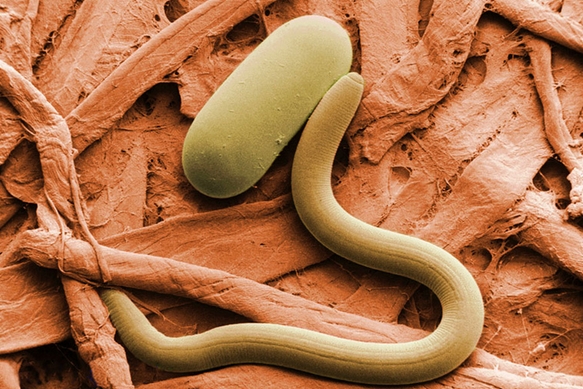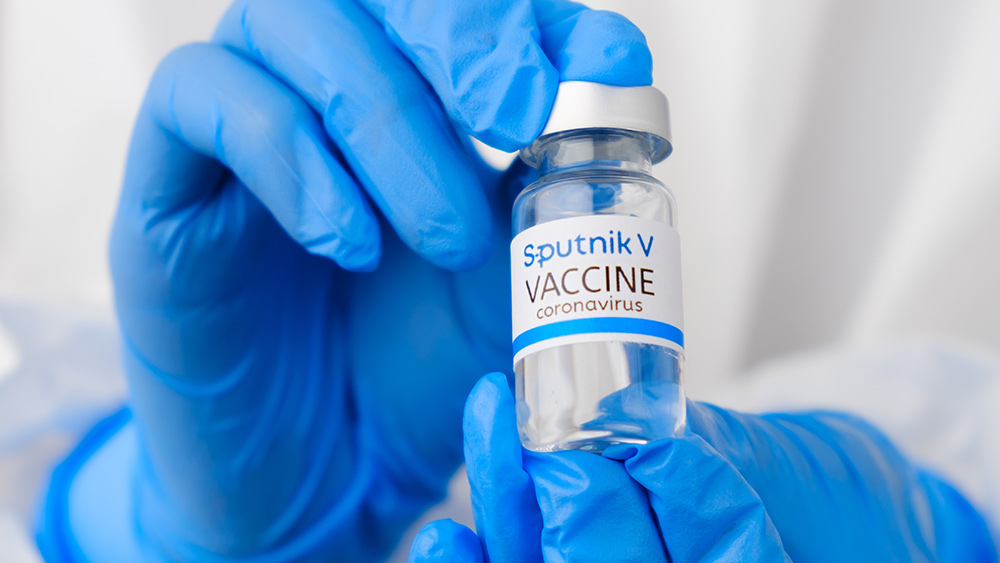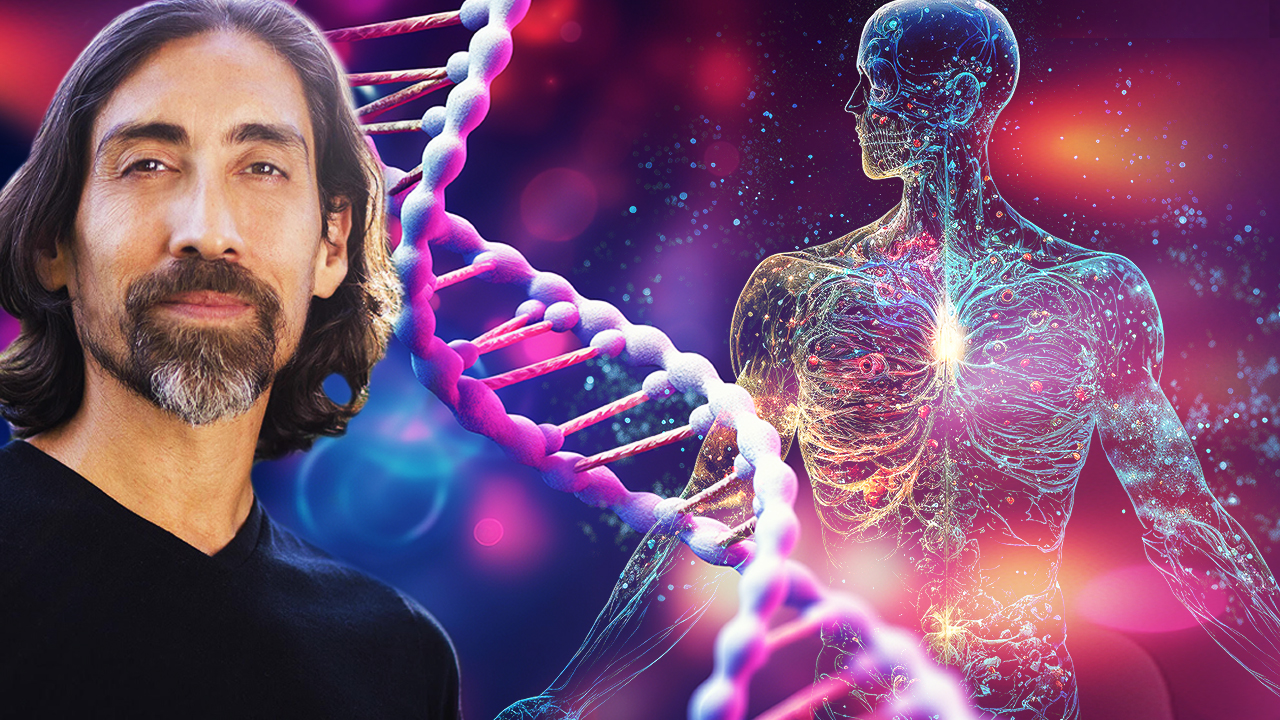Researchers discover breakthrough “switch” that causes cancer cells to self-destruct
11/17/2023 / By Lance D Johnson

Researchers at UC Davis Comprehensive Cancer Center in Sacramento, California have made a breakthrough discovery for the future of cancer treatments. The research team found a biological “switch” that causes cancer cells to self-destruct. This discovery will impact the lives of over 18 million Americans who are dealing with invasive cancer on a yearly basis. The findings were recently published in the journal Cell Death and Differentiation.
The research team was able to identify and activate a crucial epitope that signals a swift death of the cancer cell. This biomedical discovery will open the door to improved cancer treatment protocols. Currently, the standard of care for cancer treatment involves surgery, radiation and chemotherapy. While initially successful, these modalities are often ineffective against therapy-resistant cancers that return more aggressively, ravaging their host.
Researchers discover crucial epitope that can be activated to kill off resistant cancer cells
Cancer cells have cell membranes that contain protein receptors known as CD95 receptors. Also known as Fas, these receptors are designed to destroy the cancer cell. Once they are activated, they will release a signal that causes the cell to self-destruct. The trick to killing the cancer cells off is found in a crucial epitope (or a segment of a larger protein) on the CD95 receptor. The UC Davis research team, led by senior author Jogender Tushir-Singh, said their discovery is the first to successfully target the kill “switch.”
“We have found the most critical epitope for cytotoxic Fas signaling, as well as CAR T-cell bystander anti-tumor function,” Mr. Tushir-Singh said in a statement.
Previous chimeric antigen receptor (CAR) T-cell cancer therapies require the patient’s T cells to be grafted with a specific tumor-targeting antibody. The CAR T cell treatment, which can cost around a half a million dollars, has proven effective against leukemia and other blood cancers, but isn’t a reliable treatment for tumors of the breast, lung, ovaries and bowels. These therapies fall short because the tumor micro environments in solid tumors are very resilient and readily prevent the engineered T cells from penetrating and having any effect on molecular processes. Moreover, tumors may contain a mutated version of the Fas receptor epitope, making them more resistant to the CAR T-cell therapy. Also, some tumors are genetically heterogeneous and contain a mix of different cell types that respond differently to treatment. With the advent of this latest epitope discovery, CAR T-cell therapies could become more effective against solid tumors in any part of the body.
“Previous efforts to target this receptor have been unsuccessful. But now that we’ve identified this epitope, there could be a therapeutic path forward to target Fas in tumors,” Mr. Tushir-Singh said. “We should know a patient’s Fas status — particularly the mutations around the discovered epitope — before even considering giving them CAR T,” Tushir-Singh said.
“This is a definitive marker for bystander treatment efficacy of CAR T therapy,” Tushir-Singh continued. “But most importantly, this sets the stage to develop antibodies that activate Fas, selectively kill tumor cells and potentially support CAR T-cell therapy in solid tumors.”
These findings will pave the way for clinical trials for new FAS agonist drugs that could make immunotherapies more effective. However, the researchers could face many obstacles on their way to challenging the current paradigm of cut-poison-burn that dominates the cancer industry in America.
For the latest on cancer treatment and prevention, check out Cancer.News.
Sources include:
Submit a correction >>
Tagged Under:
breakthrough, cancer treatment, cancer treatments, cancer tumors, cell death, discoveries, epitope, FAS agonists, health science, oncology, real investigations, research, T-cell therapy, therapy-resistant cancers
This article may contain statements that reflect the opinion of the author
RECENT NEWS & ARTICLES
COPYRIGHT © 2017 HEALING NEWS




















